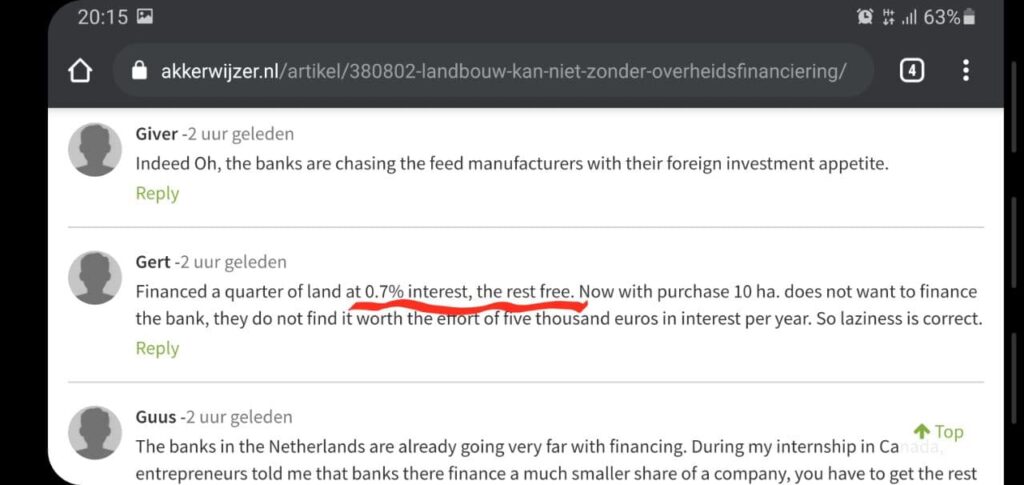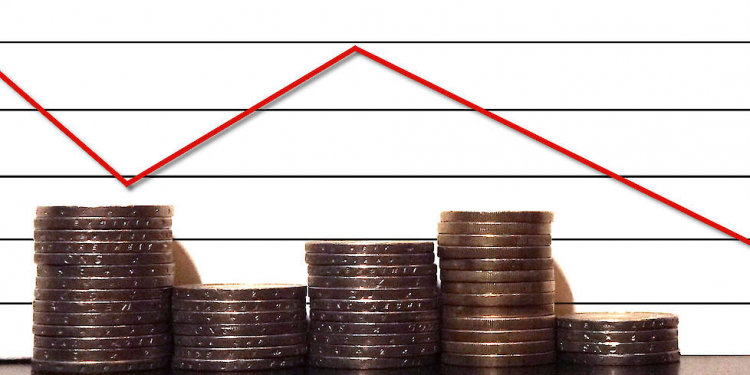Dutch agricultural companies have good access to government financing. Only 2 to 7 percent of the funding demand is not met, which is much lower than in most other European countries. Minister Schouten writes this in a letter to the Lower House. The unmet need for financing is mainly a factor in acquisitions and the transition to more sustainable agriculture. The government will have to help here.
With regard to the Dutch financing position, the minister quotes from a series of twenty-five European reports, in which agricultural financing in the various member states was examined, and from a Wageningen study of the capital situation of Dutch agricultural companies.
Acquisitions and sustainability
Financing bottlenecks are mainly related to company takeovers and to taking steps towards sustainability. Acquisitions have become more difficult because companies have increased in value and the buyers often lack equity. This is often resolved within the family situation, but it is difficult for people from outside to start a farm.
The situation for Dutch companies is quite good, the minister concludes. There are no major barriers for farmers to submit funding requests to their bank. But at the same time, the capital of companies has grown; the WEcR study shows that the average capital on a company has increased from 1.5 million euros in 2001 to 3.5 million euros in 2018. With this growth, the number of bank loans has also almost doubled; whereas in 2001 banks still had EUR 18 billion in credit outstanding in the agricultural sector, this was EUR 33 billion two years ago. Interest charges on that loan capital have fallen in the past few years, however, due to the low interest rates.
Companies that want to switch to a more sustainable way of farming can also often find it difficult to find financing to make the necessary expenditure. Banks see the financing of this switch as risky and, after the credit crisis of ten years ago, have become more cautious about lending money to risky projects. Moreover, within a few years, banks worldwide agree even stricter guidelines (the Basel IV guidelines), which oblige them to better hedge risky loans – and that usually means that they take out fewer of these loans.
Government task
Minister Schouten concludes that a task for the government remains to fill those gaps. This is done, among other things, with the Vermogens Versterkend Krediet, which has been available since this year and supports buyers and start-ups, and with an investment fund for risk-bearing capital, which is aimed at entrepreneurs who want to convert.
….one of the comments:









